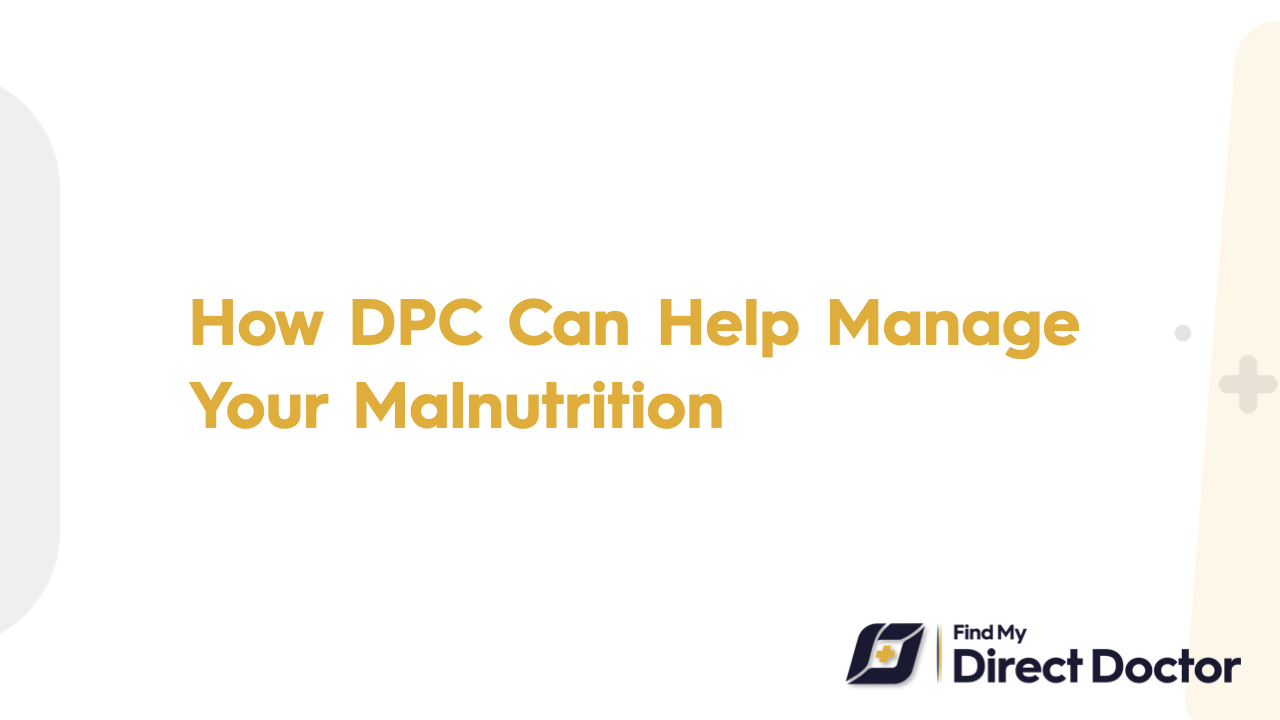



When a person's diet is deficient in the vital nutrients required for proper bodily function, malnutrition develops. A nutrient imbalance, inadequate dietary intake, or improper nutrient absorption or utilization by the body can all contribute to this. All ages can be affected by malnutrition, although children, the elderly, and those with chronic illnesses are at a higher risk. The two main kinds are overnutrition, which results in an excess of some nutrients and frequently leads to obesity, and undernutrition, which involves shortages in calories, proteins, or micronutrients.

Depending on the kind and degree of nutrient deficit, malnutrition symptoms can change. Unexpected weight loss, exhaustion, weakness, dry or brittle hair, skin problems, recurrent infections, and trouble focusing are typical symptoms. In more extreme situations, malnutrition can result in organ failure, muscle atrophy, impaired immunological function, and developmental abnormalities in children. Malnutrition can cause permanent health problems and even death if treatment is not received.
By offering individualized, continuous healthcare with an emphasis on prevention and early intervention, Direct Primary Care (DPC) can provide a distinctive and successful strategy for managing malnutrition. In order to address the complicated issue of malnutrition, DPC clinicians adopt a more personalized, hands-on approach to patient care. By doing thorough health evaluations, DPC physicians are able to spot early indicators of malnutrition and collaborate with patients to create a customized diet and lifestyle plan.
DPC also makes it possible for routine check-ins to track the patient's development and modify treatment plans as needed. Access to a committed healthcare professional enables more regular supervision and the capacity to address any issues before they worsen for those who are malnourished. For patients who might require ongoing nutritional guidance or dietary modifications based on their changing health condition, DPC also offers a more open and ongoing interaction with the practitioner.
Access to medical care is one of the main advantages of DPC for individuals suffering from malnutrition. DPC guarantees that patients can promptly resolve any problems regarding their nutrition or associated health issues because they have direct, frequently same-day access to their healthcare physician. For people who might be having trouble keeping a balanced diet or who have long-term illnesses that affect their nutritional requirements, this continuous availability might be especially helpful.
Additionally, DPC makes it possible to control malnutrition in a more proactive manner. DPC practitioners can spend more time with each patient to learn about their particular health issues, food preferences, and lifestyle concerns because they have fewer patients. Providers are able to develop personalized nutrition regimens, make the required modifications, and provide continuing support because of this additional time and focus. Additionally, DPC promotes improved communication between the patient and their healthcare provider, which can help avoid issues connected to malnutrition and guarantee that therapy is durable and effective.
In DPC, personalized malnutrition management is centered on each patient's particular requirements. A comprehensive evaluation of the patient's medical background, way of life, and dietary preferences is the first step in this customized approach. In order to determine any nutritional excesses or deficiencies and develop a customized nutrition plan that meets the patient's unique requirements, the DPC provider works closely with the patient.
In addition to dietary modifications, DPC practitioners might help the patient address underlying medical conditions that lead to malnutrition, such as chronic illnesses, digestive difficulties, or mental health issues that influence eating patterns. The DPC approach guarantees that patients receive continuous care through regular follow-ups and ongoing monitoring, which makes it simpler to assess progress, modify nutritional methods, and avoid the long-term health effects of malnutrition. A patient's capacity to manage and recover from malnutrition can be significantly enhanced by the level of attention and personalization that this practical, patient-centered therapy offers.
Previous Post